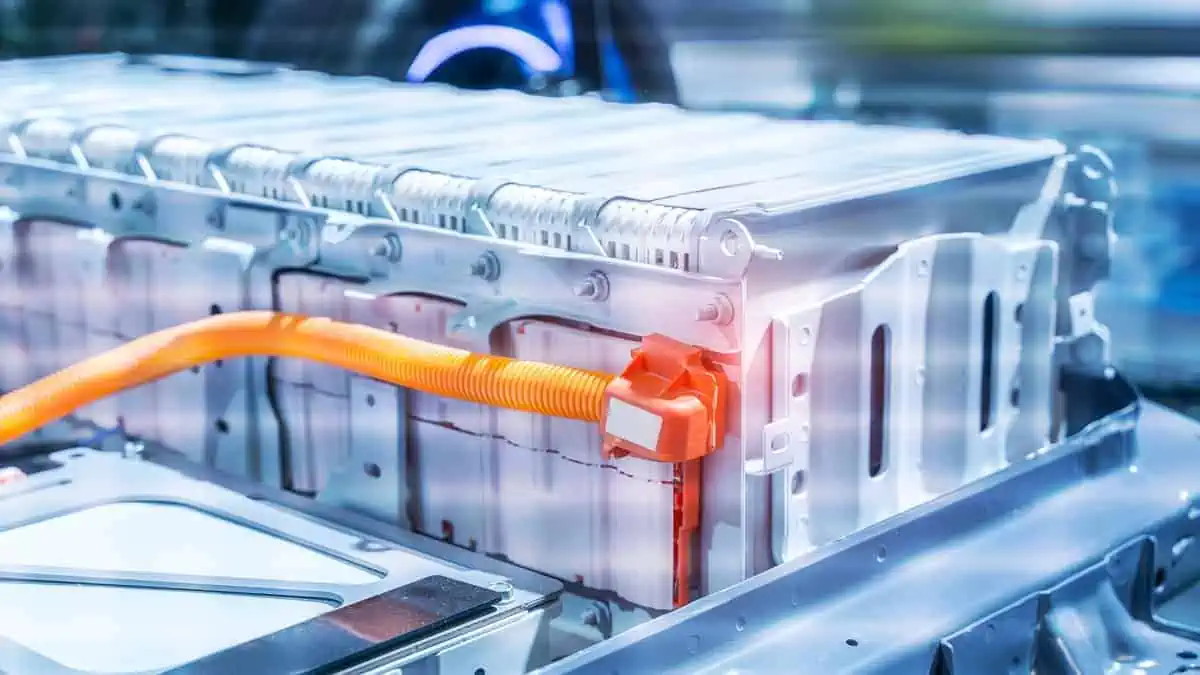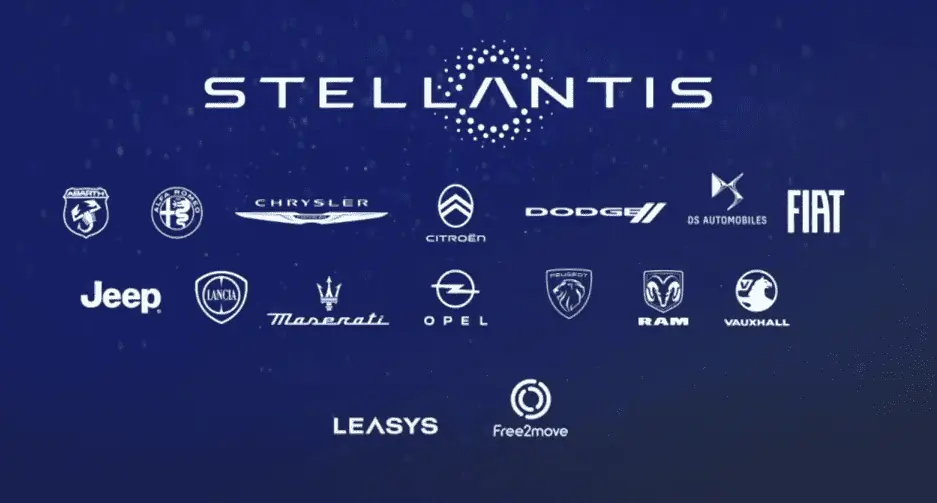South Korean researchers developed a ground-breaking hybrid sodium-ion battery that enables extreme fast charging in just seconds.
New battery breakthrough
Researchers from the Korea Advanced Institute of Science and Technology’s (KAIST) Department of Materials Science and Engineering claim to have achieved a new battery breakthrough.
According to the paper published in the journal Energy Storage Materials, the KAIST researchers invented a new coin-type sodium-based battery that supports rapid charging “in seconds.”
Moreover, this new battery tech could reportedly support everything from mobile phones to electric vehicles.
Advantages of the new hybrid sodium-ion battery tech
The researchers developed a new sodium-ion battery that provides high capacity and rapid-charging capabilities.
The newly introduced sodium-ion hybrid fuel cells could become a feasible alternative to the currently popular lithium batteries. It can power a wide range of technologies, including mobile devices, EVs, and even aerospace vehicles.
Using sodium is undoubtedly a strategic decision, given its abundance compared to lithium. The researchers even noted that sodium is up to 1,000 times more available than lithium.
Therefore, the new battery tech can pave the way for more affordable and sustainable production than li-ion ones.
Bridging the gap in common sodium-ion batteries today
The researchers addressed the common disadvantage of sodium-ion batteries: lower power and storage capacity than li-ions.
“They achieved their prototype by developing a new type of anode from ultrafine iron sulfide particles embedded in sulfur-doped carbon and graphene. This improved conductivity and energy storage. For the cathode, they used a “zeolitic imidazolate framework” (ZIF) — a type of metal-organic framework that combines metal ions with organic molecules to create a porous, crystalline structure. This improved how quickly the battery could charge and discharge.”
Live Science indicated in its recent report
The KAIST researchers claim that the fuel cell reached a 247 Wh/kg energy storage capacity, yielding up to 34,748 W/kg of power.
Simply put, the battery could sufficiently store more energy for its weight than existing sodium-ion batteries. It can also charge/discharge energy way more quickly. It even exceeds the capabilities of currently available technology by over a hundredfold.
The new hybrid sodium-ion battery tech also sustained its efficiency and performance despite undergoing 5,000+ charge/discharge testing cycles. The repetitious rigorous testing also did not wear out the battery. For comparison, common lithium batteries in commercial laptops can only sustain a maximum of 500 cycles before starting to degrade.
All that said, KAIST researchers’ developed battery tech is undoubtedly well suited for larger applications like grid energy storage systems and electric vehicles.






